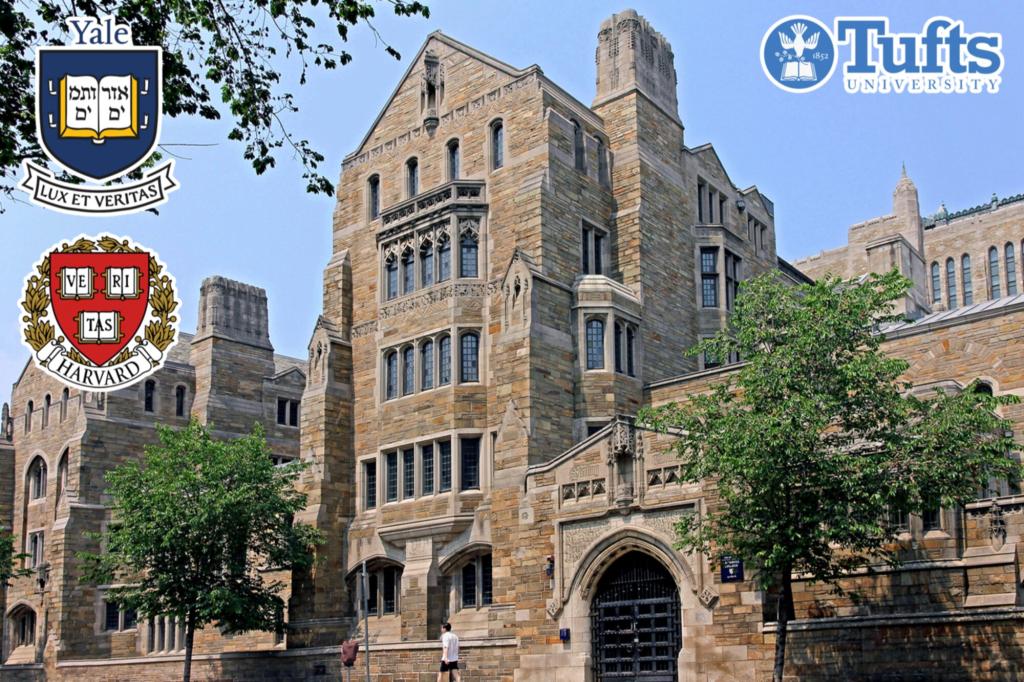Many elite New England universities, including Boston University, Tufts, Wellesley, and Yale, are set to raise their tuition costs to nearly $90,000 a year for the upcoming academic year. This increase will cover tuition, housing, and other expenses, with the costs continuing to rise over the years. Just six years ago, families were shocked when prices at top schools surpassed $70,000, and this new hike in costs is expected to have a significant impact on students and their families.
Boston University is estimated to cost $90,207 for the 2024-2025 academic year, a 42% increase from a decade ago. Other schools in the Boston area, including Tufts University and Yale University, will also see a substantial increase in fees for the fall semester. Brandeis University, Amherst College, and the Massachusetts Institute of Technology are among the schools nearing the $90,000 threshold. Despite the rising costs, students can expect financial aid and scholarships to alleviate some of the burden of these higher-priced tuition fees.
At schools like Boston University, financial aid plays a crucial role in helping students cover the expensive cost of attendance. BU plans to provide $425 million in financial aid for the next academic year, with around 56% of students receiving some form of aid. The average aid package at BU is approximately $67,000, with the neediest students paying little to no fees thanks to the aid packages available. This assistance is guaranteed for four years through BU Scholarship Assurance, providing some relief to students facing these escalating costs.
The rising costs of education at these elite New England universities have been a cause for concern among students and families. The psychological impact of these skyrocketing tuition fees can be significant, as families struggle to keep up with the ever-increasing costs of higher education. Despite the availability of financial aid and scholarships, many students may still find it challenging to afford these exorbitant fees, leading to concerns about accessibility and affordability in higher education.
While some schools may be nearing the $90,000 mark for tuition costs, the overall rising trend in higher education expenses is a broader issue affecting many students across the country. Schools like Harvard and Boston College have already seen significant increases in tuition fees, with additional costs for expenses like books and other fees driving up the total cost of attendance. As these prices continue to climb, it raises questions about the long-term affordability of a college education, particularly for students from lower-income backgrounds.
It is clear that the costs of higher education are reaching unprecedented levels, with many top universities charging close to $90,000 a year for tuition and associated expenses. While financial aid and scholarships help alleviate some of the burden, the overall trend towards higher-priced education is a concerning development for students, families, and policymakers alike. As these costs continue to rise, it is essential to address issues of affordability and accessibility in higher education to ensure that all students have the opportunity to pursue a college education without facing insurmountable financial barriers.


